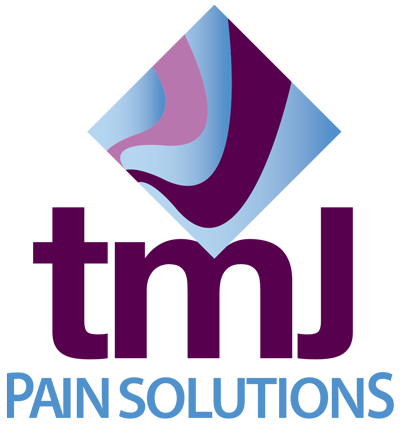Frequently Asked Questions

What is TMJ?
TMJ is like saying you have a “Kleenex” It might be a Puffs or Scotties but still considered a Kleenex. The temporomandibular joint sits in front of your ear and is responsible for movement of your jaw joint. “TMJ” consists of a number of symptoms that can stem from the jaw joint, the muscles, or all of the above. Symptoms can also include ear, teeth, nerves, muscles, headaches, and more. Read more about TMJ.
What Can I expect at my first visit?
First, a thorough and comprehensive history is taken to determine your symptoms. We ask a lot of questions to help us identify your pain and its triggers. Next, Dr. Karkow reviews the history and symptoms with the patient. An examination of the head and neck is done. Finally, a diagnosis is explained to the patient and a treatment plan is formulated. Some patients are referred for X-rays of their jaw, referred for physical therapy, or referred for a consultation with another specialist before a final treatment plan is made.
What type of treatments are used to treat TMJ?
Often, TMJ is treated with an oral appliance that is used to take pressure off damaged tissue. The appliance is worn as much as possible during the healing phase of treatment. Depending on your specific condition, you may need to wear the appliance nightly once the jaw is stable to maintain stability. Physical therapy is also used to help treat muscle pain associated with a joint injury or if your condition is only muscular. A referral may also be made to any number of specialists if you have additional needs. Dr. Karkow works with many dentists and physicians to look at your overall well-being.
I don’t have dental insurance. Is this going to be expensive?
TMJ treatment falls under private MEDICAL insurance in Wisconsin. Dr. Karkow does not bill dental insurance at all. We participate with most medical insurance companies. In some cases, coverage is limited or non-existent due to the employer. In cases such as those, a substantial discount is presented to the patient. Our #1 goal is to provide our patients a chance for pain relief!
What Causes TMJ Symptoms?
There are many causes of TMJ. Trauma or a blow to the jaw, car accidents, sports injuries to the head/neck, overstretching of the jaw during surgery/dental procedures, clenching or grinding of the teeth, excessive gum/chewy candy, bite problems, and certain types of whole-body arthritis can all influence TMJ problems. Sometimes, we do not know the exact cause even though patients have notable symptoms.
Are there things I can do to help myself?
Absolutely! First, avoid gum and hard, chewy foods that take a lot of chewing to break down. If it hurts to eat it, you should avoid it. Heat and ice can help with pain, as can Ibuprofen, Tylenol, or Aleve (IF you can take them with your health history). You can massage the affected area with gentle pressure. There are many drug-store products that you can rub on the muscles, including essential oils, that can provide relief.
Will braces help fix my jaw?
Braces are generally not used initially to fix TMJ issues, especially if pain is the main concern. On occasion, a bad bite is the cause of TMJ issues. In that case, Dr. Karkow may need to stabilize the jaw before referring you to an orthodontist. Most patients do not need braces to maintain long-term jaw stability.
Wouldn’t it be easier for me to just have surgery on my jaw and get it over with?
Dr. Karkow has had TMJ surgery and knows first-hand that this isn’t a “quick” fix. Most people are not surgery candidates. To qualify for successful surgery, conservative treatment needs to eliminate extra factors that contribute to the jaw pain. If the joint remains stuck, surgery may be indicated. Most patients, with the use of a splint and physical therapy, avoid costly and invasive surgery altogether.
Do you provide any other services in your office?
While our office mainly does TMJ treatment, we do also make oral appliances for sleep apnea and snoring. Because a dentist cannot diagnose sleep apnea, a sleep study needs to be performed prior to making a sleep appliance. If you have not had a sleep study done, we can help facilitate getting the test done to see if you are a candidate for an oral appliance.
